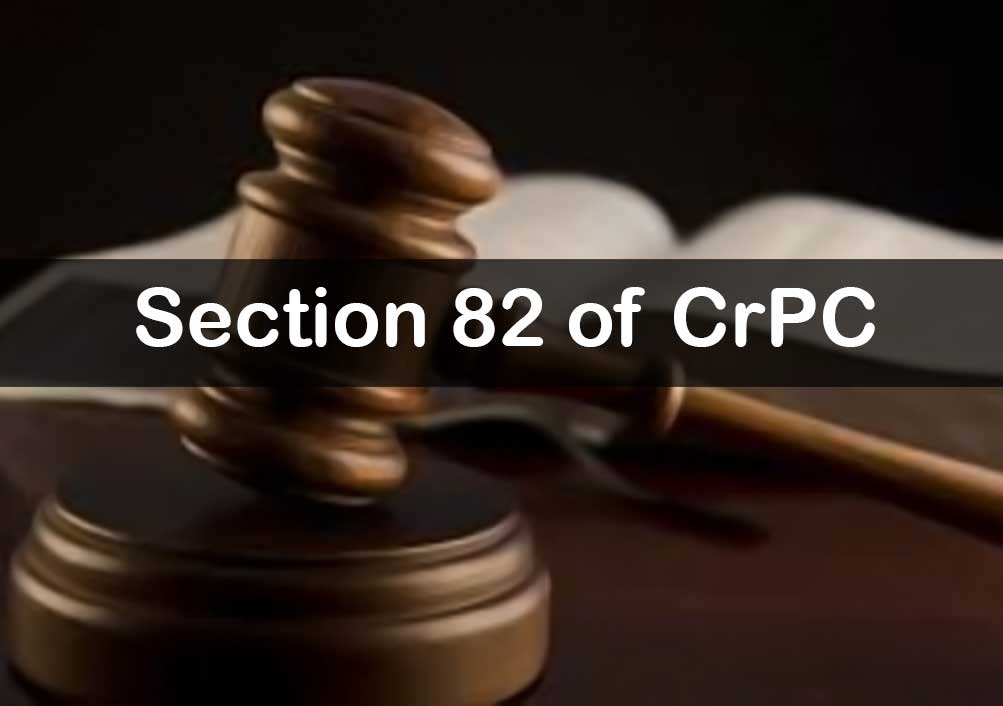Section 82 of CrPC neither creates rider nor imposes restriction in filing of anticipatory bails by proclaimed offenders, says Punjab & Haryana HC

Read Order: Mamta Giri v. State of U.T. Chandigarh
Monika Rahar
Chandigarh, February 3, 2022: While dealing with an application for the grant of anticipatory bail, the Punjab and Haryana High Court has recently held that Section 82 of Cr.P.C. neither creates any riders nor imposes any restrictions in the filing of anticipatory bails by the proclaimed offenders.
The Bench of Justice Anoop Chitkara allowed the petition while stating, “The offences are bailable, and the accused is a woman for whom the legislature has made special provisions. Sending the woman to custody before giving her bail would neither put the judiciary in high esteem nor overhaul the system.”
In this case, an FIR was registered against the petitioner under sections 279, 337 & 338 of the Indian Penal Code, 1860 and thus the accused- petitioner approached the High Court with a petition under Section 438 of Cr.P.C. seeking the grant of anticipatory bail.
The petitioner’s counsel advanced a case for the grant of pre-arrest bail on the ground that the offences alleged against the petitioner were bailable, while on the other hand, the State Counsel opposed the grant of anticipatory bail as the petitioner was a proclaimed offender.
On the legal position governing the grant of anticipatory bail to a proclaimed offender, the Court made reference to the case of Lavesh v. State (NCT of Delhi), (2012) 8 SCC 730, in which it was held by the Supreme Court that ‘normally’ when the accused is “absconding” and declared as a “proclaimed offender”, there is no question of granting anticipatory bail.
About the above-cited case law, the Court stated that while laying down the law on anticipatory bails to absconders, the Supreme Court structured the pronouncement by the words, “Normally.”
“An analysis of entire allegations creates a possibility of the accused. Resultantly, the facts and circumstances are not normal. Thus, the circumstances cannot be termed as normal for the accused, and she makes out a special case for bail. A balanced approach would work as an incentive, a catalyst for proclaimed offenders to surrender to the Court of Law, speeding up the process, and bringing the guilty to Justice and Justice to the guilty”, the Bench opined.
Further, the Court referred to the opinion of the Supreme Court in Arnesh Kumar v. State of Bihar, (2014) 8 SCC 273, wherein all State Governments were directed to instruct its police officers not to arrest the accused automatically when the offence is punishable with imprisonment for a term which may be less than seven years or which may extend to seven years, whether with or without fine.
The maximum sentence imposable for the offences mentioned in FIR did not exceed seven years, thus the Court concluded that the aforementioned directions of the Top Court would be applicable to the instant petition.
Thus, in the facts and circumstances of the case, the Court concluded that the petitioner made out a case for anticipatory bail.
Sign up for our weekly newsletter to stay up to date on our product, events featured blog, special offer and all of the exciting things that take place here at Legitquest.




Add a Comment